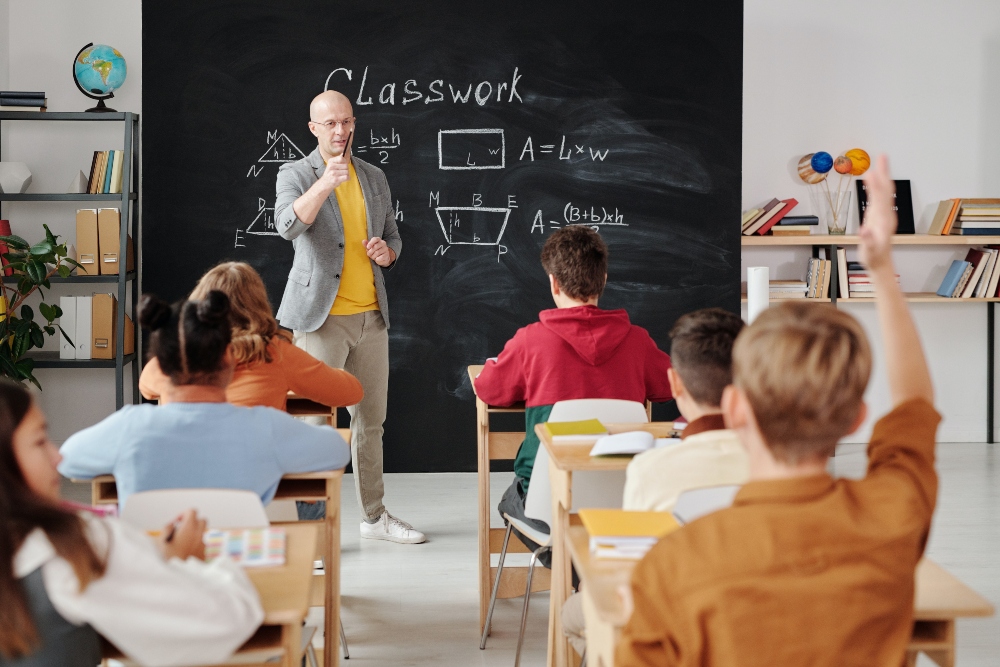Problem-solving is an important skill for any student today. It allows them to tackle various real-life challenges and become productive people in society. However, there is more to problem-solving than the average person could expect. It’s especially a complex field for all students today, who are still on the journey to become intelligent. Fortunately, this guide outlines a few easy ways to increase problem-solving skills for students:
Pair Students with Different Skills Together
Working in diverse teams is one of the best ways to solve problems today. Instead of letting students solve complex academic projects alone, find ways to put them in teams. The teams should include students of different characteristics. These can include culture, religion, academic performance, gender, and various other different characteristics. The teams will put the students in a better position to solve problems by leveraging the skills of their counterparts.
Furthermore, this approach to problem-solving will ensure each student participates in the process. Weak students will find it easy to model their learning progress and development through help from others.
Encourage Research Skills and Brainstorming
Solving most problems today requires research and brainstorming skills. Usually, the timeline for using these procedures to solve real-life problems is often minimal. Exposing your students to these learning programs will increase their competency levels. The students will become much more effective at using research sources such as the internet to solve problems. Furthermore, they will also become better at brainstorming ideas suitable for the task at hand.
Remember to ensure the research and brainstorming learning process relates to your coursework programs. Using this approach will ensure students can brainstorm and research for relevant solutions. You have many options for helping students become better at brainstorming and research. These can include research assignments, class presentations, and group tasks. These tasks allow students to take time to reflect and find suitable solutions for specific coursework assignments.
Create a Customized Coursework Program
All students have different learning capabilities, and it’s good to adjust each coursework program to suit such needs. A customized coursework program is vital because it allows you to identify the critical skills for your students. While most learning programs have specific syllabuses, you can still customize them.
Doing this allows you to ensure the academic syllabuses and programs can focus on the problem-solving skills of each student. Additionally, using this approach will also make you more effective at identifying valuable skills. A good resource example that you can use to create customized coursework programs would be a maze python project. It’s a resource that lets students play around with different scenarios to solve problems.
Present them With Real-Life Problems
Real-life problems present the perfect opportunity for students to develop their problem-solving skills. You can help the students go through this process in various ways. A good example would be to use case studies or previous situations that have involved any relevant challenges. The case studies should involve specific scenarios and outline the particular concepts that help to solve the problem. You can also use video tutorials, research papers, and essays to help students go through this process. All these learning resources have to be relevant to specific problems and scenarios, such as the traditional workplace.
Exposure to real-life problems will make the students much more competent at identifying issues in the future. It will also make them better equipped at choosing relevant solutions, thanks to their improved knowledge base.
Engage with Each Students Individually
An important aspect of developing the intellectual skills of any student is to understand them individually. While it’s a process that takes time and adds to your schedule, engaging with students this way has many benefits. Each student has different learning goals, needs, and requirements. As a savvy teacher, you have to find ways to fine-tune into all these specific aspects.
Otherwise, children would just be learning at home using books and internet sources.
Your goal as a coursework instructor or educator is to understand the learning capabilities of each student. The insight you get from this process will make you better at helping each student become a better problem solver.
Find Out the Way Your Students Learn Best
Sometimes students have a more difficult time learning if they are not being taught in their preferential way. For example, some students are visual while others are more hands-on. You can mix up your lessons by teaching some using more visual lessons so that those students can learn better. Other times, if possible you can do a more hands-on approach. There are plenty of free quizzes online that you can have your students take to figure out which methods are the most popular and will help everyone learn more quickly.
Conclusion
As a teacher, you have many solutions when it comes to improving the problem skills of students. It’s a never-ending process because students have different learning needs and journeys.












